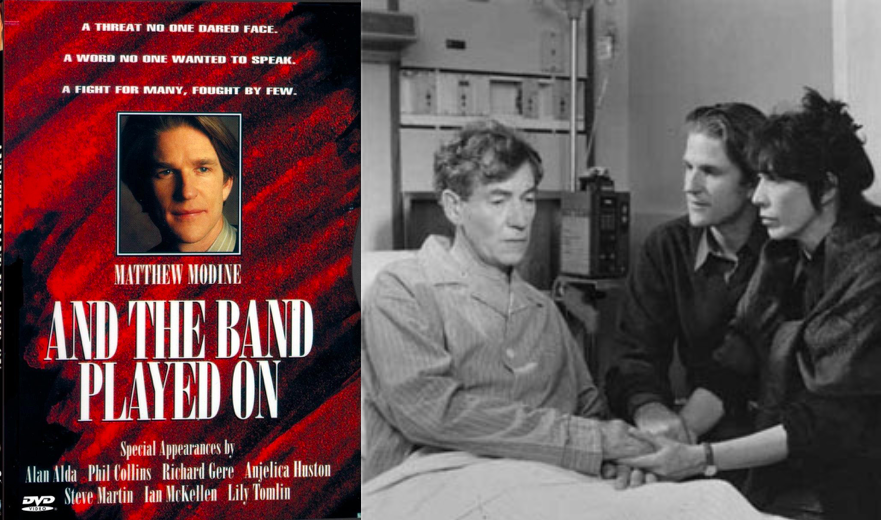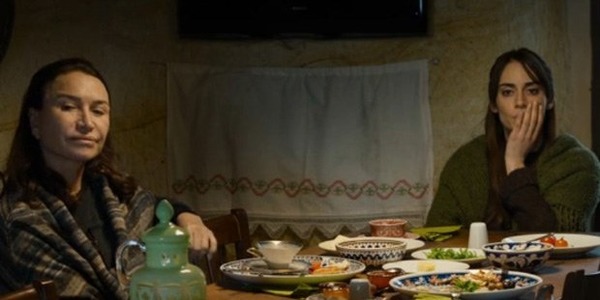Do you think we can win an Academy Award for this?
-Carol Ohmart.
 Glenn here trusting you had an enjoyably spooky Halloween weekend? On Saturday I went to a 12-hour horror marathon here in New York City, but on the night of All Hallows' Eve I attended a screening of Jack Hill’s lost laugh-out-loud horror classic Spider Baby at The Academy. Yes, the Academy. AMPAS have restored the 1967 black and white cannibal movie (with the assistance of Harvey Weinstein and Quentin Tarantino!) after being considered “abandoned property” due to rights issues. After years of being consigned to bad VHS-dub quality bootlegs, a print was discovered set for destruction (all too often, especially with public domain titles such as this) and now it has been restored in all of its beautiful, carnal, absurd glory in stunning 35mm. How was your Halloween?
Glenn here trusting you had an enjoyably spooky Halloween weekend? On Saturday I went to a 12-hour horror marathon here in New York City, but on the night of All Hallows' Eve I attended a screening of Jack Hill’s lost laugh-out-loud horror classic Spider Baby at The Academy. Yes, the Academy. AMPAS have restored the 1967 black and white cannibal movie (with the assistance of Harvey Weinstein and Quentin Tarantino!) after being considered “abandoned property” due to rights issues. After years of being consigned to bad VHS-dub quality bootlegs, a print was discovered set for destruction (all too often, especially with public domain titles such as this) and now it has been restored in all of its beautiful, carnal, absurd glory in stunning 35mm. How was your Halloween?
The real treat was the Q&A afterwards. Moderated by William Lustig - himself a genre legend of grimy classics like Maniac and the unrelated Maniac Cop to his credit - Spider Baby director Jack Hill was a wonderfully entertaining subject. At 81 years of age he was spry and energetic, and despite admitting the inspiration for the film – subtitled “The Maddest Story Ever Told” for a reason – was marijuana, he had remarkably good memories of the film as well as his entire early career. A career that includes launching Pam Grier with Foxy Brown and Coffy, all but inventing the cheerleader flick, and turning Corman-produced flicks like The Big Doll House into huge hits.
 William Lustig on the left, Jack Hill on the right. Photo Credit: Peter Dressel/The Academy of Motion Picture Arts and Sciences
William Lustig on the left, Jack Hill on the right. Photo Credit: Peter Dressel/The Academy of Motion Picture Arts and Sciences
He described how the film was made on a budget of $50,000 over 12 days in a sticky August, with Lon Chaney needing to be shammied in between takes. It was particularly great to hear him talk vividly of the contributions of arguably the film’s two greatest assets: Actress Jill Banner, and production designer Ray Storey. The discovery of the dilapidated house used for exteriors (which is now heritage listed) and the disused car factory used for the interiors (that dumbwaiter!) When discussing Banner – who, it must be said, gives one of the all-time great performances, horror or otherwise, yes? – it was said that Marlon Brando, whom she was dating at the time of her death in a car accident in 1982, had said she was the love of his life. Old Hollywood converging with drive-in exploitation!
 He ended the lengthy chat with the above quote by co-star Carol Ohmart, who was so impressed by the film she believed Oscars may have been in their future. It does riff on Hitchcock's Psycho after all. Still, I love that The Academy have chosen Hill’s film to restore. Whenever people boo and hiss about how the Oscars are just about money, it’s wise to remind them that they’re raising money for much needed cinema preservation. If enduring the Oscars (which we obsessives obviously don’t mind) so films like Spider-Baby and all the rest of their “orphan films” line-up can survive then I have no qualms supporting them.
He ended the lengthy chat with the above quote by co-star Carol Ohmart, who was so impressed by the film she believed Oscars may have been in their future. It does riff on Hitchcock's Psycho after all. Still, I love that The Academy have chosen Hill’s film to restore. Whenever people boo and hiss about how the Oscars are just about money, it’s wise to remind them that they’re raising money for much needed cinema preservation. If enduring the Oscars (which we obsessives obviously don’t mind) so films like Spider-Baby and all the rest of their “orphan films” line-up can survive then I have no qualms supporting them.
And if you’re wanting to know, the Academy’s New York screening room is a modest affair. The walls adorned with posters – including, side by side, Wings and 12 Years a Slave – and photographs of this year’s winners, and a large statue of Oscar standing guard over the silver screen. Not sure Oscar of old would have appreciated a film like Spider Baby getting the spotlight shone upon it, but a film this great and entertaining deserves it.
 Wednesday, February 17, 2016 at 12:57PM
Wednesday, February 17, 2016 at 12:57PM 











